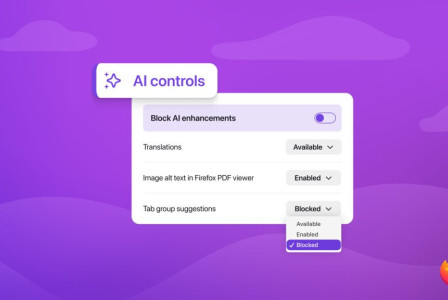SEARCH
EU unveils its plan to rival Elon Musk's Starlink

SHARE IT
Elon Musk's Starlink has long been the leading option for satellite internet connectivity worldwide, with little competition since its inception. However, a new competitor from Europe could soon challenge its dominance.
The European Union has entered into an agreement with the SpaceRISE consortium to develop 290 IRIS² satellites by 2030. The €10.6 billion (approximately $11 billion) contract allows the EU to establish a domestic alternative to Starlink (according to the Financial Times). The initiative aims to provide secure satellite connectivity to EU Member States, government authorities, private enterprises, and European citizens.
The EU's new satellite network will operate in both medium and low Earth orbits and is being spearheaded by SES SA, Eutelsat SA, and Hispasat S.A, three leading European satellite network providers. Additional partners include Airbus Defence, Deutsche Telekom, and Orange, as part of a 12-year concession contract.
The IRIS² (Infrastructure for Resilience, Interconnectivity, and Security by Satellite) network will feature 264 satellites in low Earth orbit and 18 in medium Earth orbit (according to The Verge). Most of the network’s capacity will be allocated to providing commercial broadband services to businesses and households, with the remainder dedicated to government agencies.
The European Space Agency (ESA), a key player in the IRIS² project, has stated that the first launch of the IRIS² satellites is scheduled for 2029. The network will enable secure and rapid communication and ensure constant connectivity without the need for thousands of satellites.
It remains to be seen how the EU's satellite network will compare to Starlink in terms of speed and coverage, as well as its support for direct-to-cell capability.
Europe's decision to launch its own satellite network is not unexpected, particularly after Elon Musk’s secret discussions with Russian President Vladimir Putin. Musk also restricted Ukrainian forces from using Starlink to carry out a surprise attack on Russian troops during the ongoing war, later justifying the decision as a measure to prevent the escalation of the conflict.
MORE NEWS FOR YOU

 Help & Support
Help & Support 

